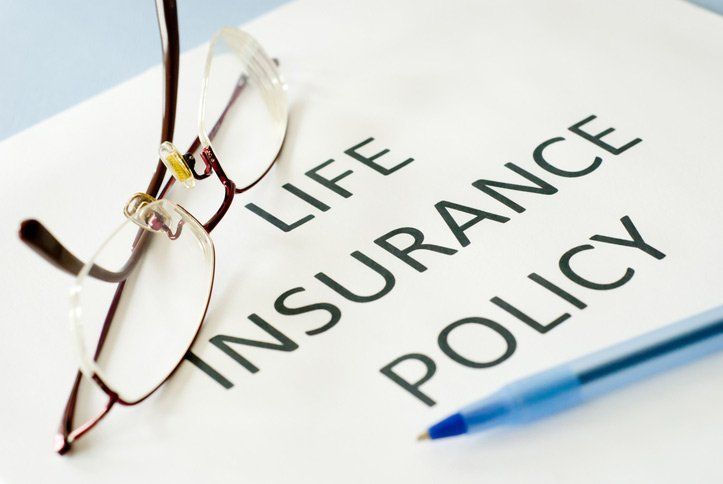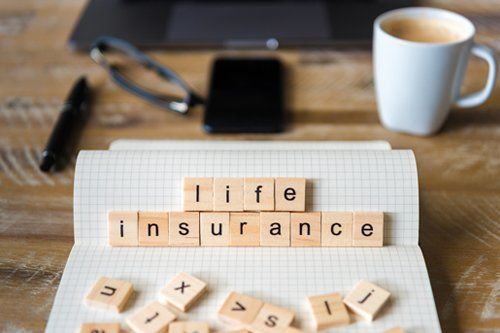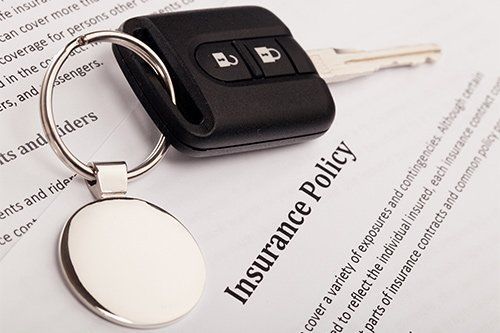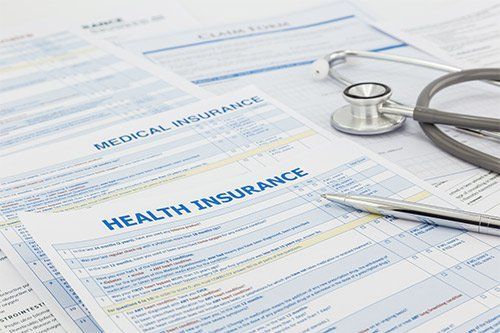When You Need to Pay Your Auto Insurance Deducible and When You Don’t Need To
All car insurance policies have deductibles, which are amounts that you must pay before an insurance company will begin paying a claim. Not all accidents require you to pay your policy deductible, though. Here's a look at different kinds of incidents and whether you'd need to pay your deductible if you're in these accidents.
A Non-Accident Event Occurs: You're Paying
Non-accident events, which are incidents that don't involve another moving vehicle, fall within the realm of comprehensive coverage. These events include collisions with deer, falling tree branches, burglaries, and similar incidents.
Assuming your auto policy includes comprehensive coverage, you can expect to pay the coverage's deductible if you damage your car in any incident like these.
Glass Is Broken: You Might Not Be Paying
The one exception to the above guideline is if something breaks your glass during a non-accident event. Some policies have deductible-free coverage for glass. If yours does, you can get broken glass repaired or replaced without paying any deductible. If your policy doesn't include this protection, you'll have to pay your normal comprehensive deductible.
You're At Fault: You're Paying
The damage and injuries sustained in multi-vehicle accidents fall under several different coverages:
- Bodily injury liability coverage is for injuries that other people sustain
- Property damage liability coverage is for damage that others' property sustains
- Collision coverage is for damage sustained by your vehicle
- Personal injury protection is for injuries that you and your passengers sustain
The liability coverages that are for injuries and damage you cause to others (who aren't in your car) usually don't have deductibles associated with them, so you won't pay a deductible for any claims that fall under these coverages.
Collision coverage and personal injury protection often do have deductibles. Thus, you'll likely have to pay the deductible for any damage claims you file for your car and any injury claims filed by people inside your vehicle.
No One's At Fault: You're Paying
In no-fault accidents, none of the drivers are involved are deemed to be responsible. As a result, the drivers can't file claims against each others' policies. They must file claims against their own policies for any damage their cars have sustained and for any injuries sustained by people with them.
Should you be in a no-fault accident, expect the deductibles to work similarly to an at-fault accident where you're responsible. You'll have to pay collision and personal injury protection deductibles for any claims against those coverages.
You're Not At Fault: You're Getting Reimbursed
Accidents that were not your fault are frequently the most complicated to handle. The insurance policy of the driver who is responsible will cover your car's damage and your injuries, but getting a payment from the insurer can take time. Often, drivers in these situations end up paying their deductible and then being reimbursed that amount at a later date.
The process in these accidents normally goes as follows:
- You pay your deductible, and your insurer covers the cost of car repairs and medical care so that you can get your car back and receive necessary treatment.
- Your insurer sorts out which driver is at fault with the insurance company of the other driver.
- Your insurer receives a payment from the other driver's insurance company after the other driver has been deemed responsible for the accident.
- Your insurer reimburses you the amount of your deductible and keeps the remainder of the payment to cover the costs they've already paid for.
Even though you'll eventually get your deductible back, you'll need enough funds to temporarily cover the cost of your deductible if you're in an accident like this.
Sorting out when you'll pay deductibles can be complicated. If you have a question about your policy's deductibles or would like to shop for an auto insurance policy with different deductibles, contact us at American Quality Assurance Group.











